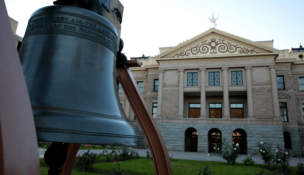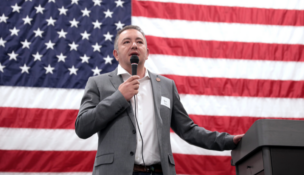Mask mandate clash heats up
Howard Fischer, Capitol Media Services//August 11, 2021//[read_meter]
Deposit Photo Two of the state’s universities said Wednesday they are going to require face masks on campus in certain situations, regardless of new legislation apparently...
No tags for this post.

















